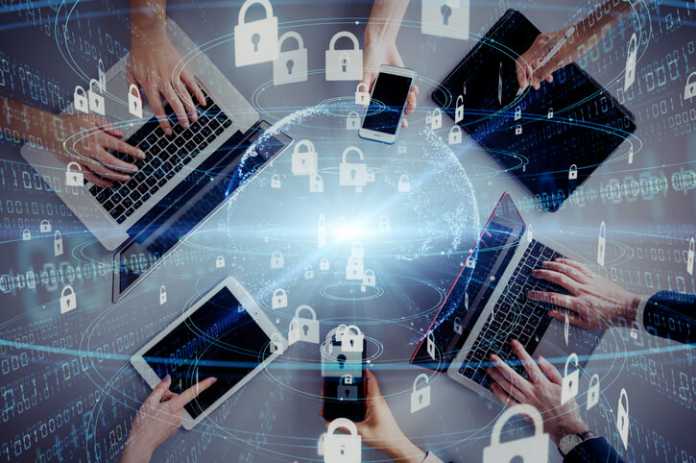With companies doing so much more through cloud computing and digital storage, cybersecurity should be a priority for everyone. Large companies and enterprises, however, face unique challenges. The more users that are accessing the internet, the more potential access points there are for hackers and criminals.
With so many employees, anyone could be a target of a cyber-attack. These can take the form of social engineering attempts to get password information or spam emails that carry viruses and ransomware. With such a wide net to throw, your security can be very difficult to manage. However, the bigger you are, the more you have to lose. You should take every step you can to protect your business, your customers, and your staff. Here’s a guide to how large companies should handle cyber security.
Advanced Monitoring with MSP
Companies may monitor incoming and outgoing network traffic and spot suspicious activity and harmful activity by using advanced monitoring with MSP. It gives enterprises visibility into user and system activity, enabling them to assess their security posture and recognize potential hazards. Advanced Monitoring with Managed Service Providers like CHIBITEK enables businesses to get instant alerts when suspicious behavior is found, enabling them to act right away to reduce the risks.
Training
How many of your employees truly understand the nature of cyber threats and their role in preventing them? With a large enterprise, it’s impossible to know how knowledgeable everyone is. You must provide training and education to everyone who has access to the internet, including emails. Cyber security training for employees should provide information regarding the goals of hackers, how they can target a business, and how to prevent such attacks. This training should provide information regarding what the goals of hackers are, how they can target a business, and how they can be prevented.
Every employee should know that their responsibilities are to prevent successful cyber attacks. However, without the proper education, you will not get the buy-in that you need. Training should be clear about the consequences of a breach to the company, your clients, and the employment of the user. Data breaches are serious, and your staff needs to know how damaging they can be.
Password Protocols
One of the worst things you can do is have lax password standards. Unfortunately, since most large businesses use many different applications on a daily basis, there are many points that are vulnerable to hackers. Many employees choose passwords that have a personal connection and that are easy to remember. These types of passwords are not secure enough. You should have a policy that all passwords are random, and that there should be different passwords for every application, unless you use a single sign-on service.
However, when you have complex passwords, it makes it hard for employees to manage and remember them. This causes frustration with the employee, but can also take time from the IT department, since they will end up dealing with many password-related calls. This is why using an enterprise password storage system is so important. It provides a vault to store passwords that can be easily recalled by the user when needed. IT departments can also have access to make for easy management and control over password strength.
Firewalls and VPNs
You don’t want to make it seem like you don’t trust your employees, but if they visit any vulnerable websites or download infected files from the internet, you could be at risk. Firewalls provide protection against purposeful unauthorized downloads and mistakes. There should be a firewall on any device that is used to access company data. This includes mobile phones, tablets, and laptops.
If you have remote workers, they should also have firewalls installed. On top of that, they should only use a virtual private network (VPN) to access the internet for work. Home wireless networks tend to be less secure than business networks. A VPN provides a way to make a device secure even when accessing using a weaker network.
Email Filters
The best way to ensure that a user doesn’t open a malicious email and download a virus is to make it so that they don’t see that email at all. Make sure that all of your company emails have strong spam filters to identify suspicious emails and prevent them from hitting inboxes. Employees can still access them through a junk or spam folder, but there’s no risk of them clicking on an email by accident.
Electronics Disposal Policy
Not all data is stored in the cloud. You may have lots of sensitive information stored on a computer or device that you are replacing. However, it’s not enough to simply throw old electronics in the garbage or recycling bin. Your data will be vulnerable since hackers will be able to access the hard drives. You should have a policy in place regarding disposal that includes deleting all hard drives. There are also hard drive shredding services that work just like paper shredding. They will destroy the device completely so that there is no data left to access.
Large companies have bigger security issues than businesses of other sizes. With so many people, there are more chances for mistakes and breaches. However, you can take steps to prevent the disaster of a successful cyber attack. Your data is valuable to your company, and your customers are trusting you with it. Follow these suggestions to make sure that your data is secure no matter how many people you have accessed the internet for work.




































































